NHTSA to propose new fuel economy standards soon; 8% increase per year for MY 2024-2026
Green Car Congress
AUGUST 6, 2021
The US Department of Transportation’s National Highway Traffic Safety Administration (NHTSA) announced that it will soon propose robust new fuel economy standards. NHTSA will also begin work, under a new Presidential Executive Order, to develop fuel economy standards for passenger cars and light duty trucks for model years 2027-2030.



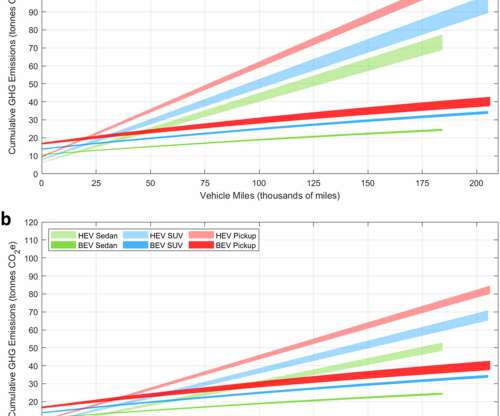

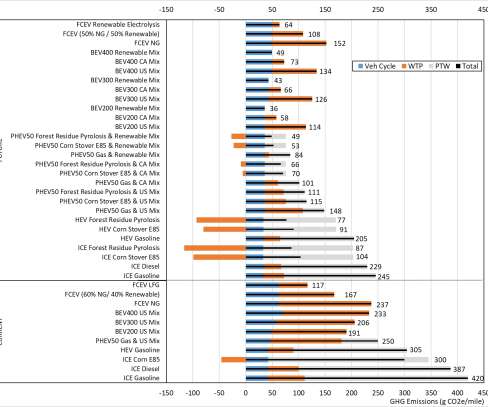


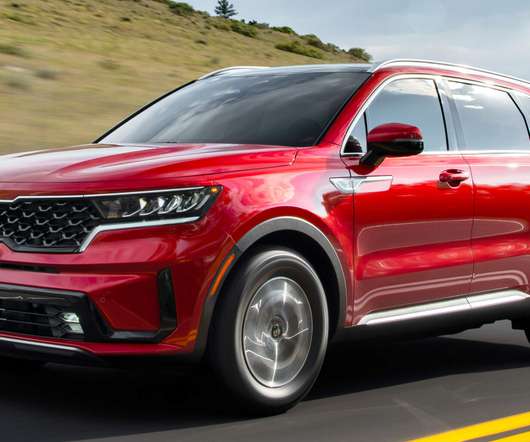
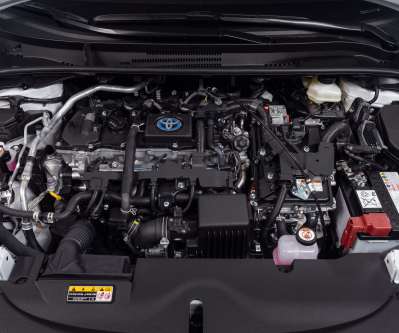



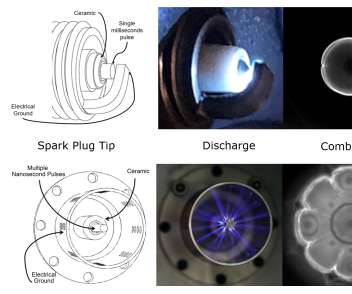









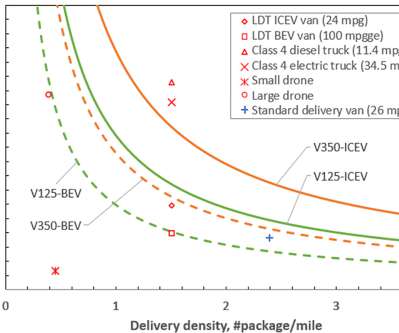



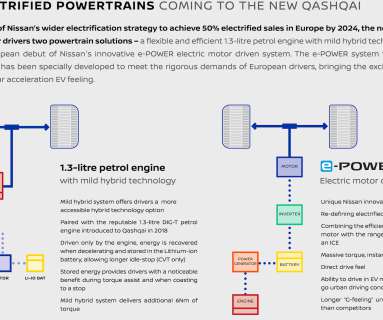





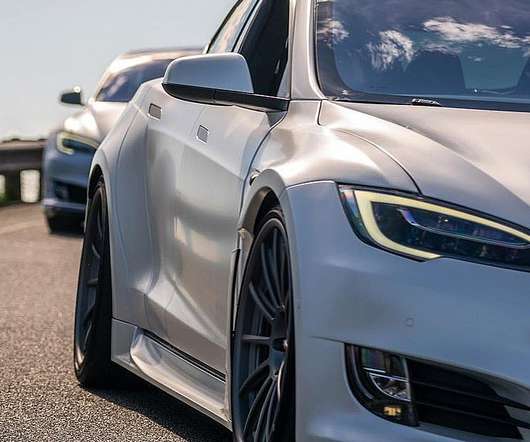
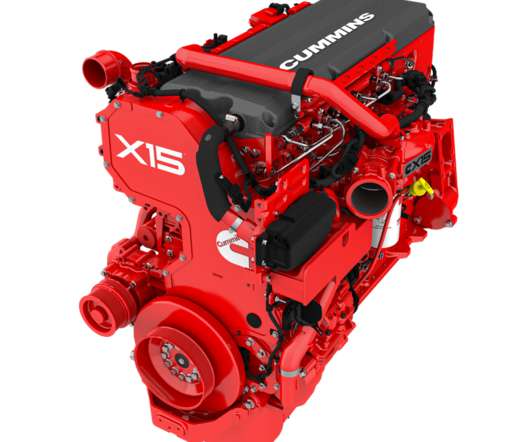









Let's personalize your content